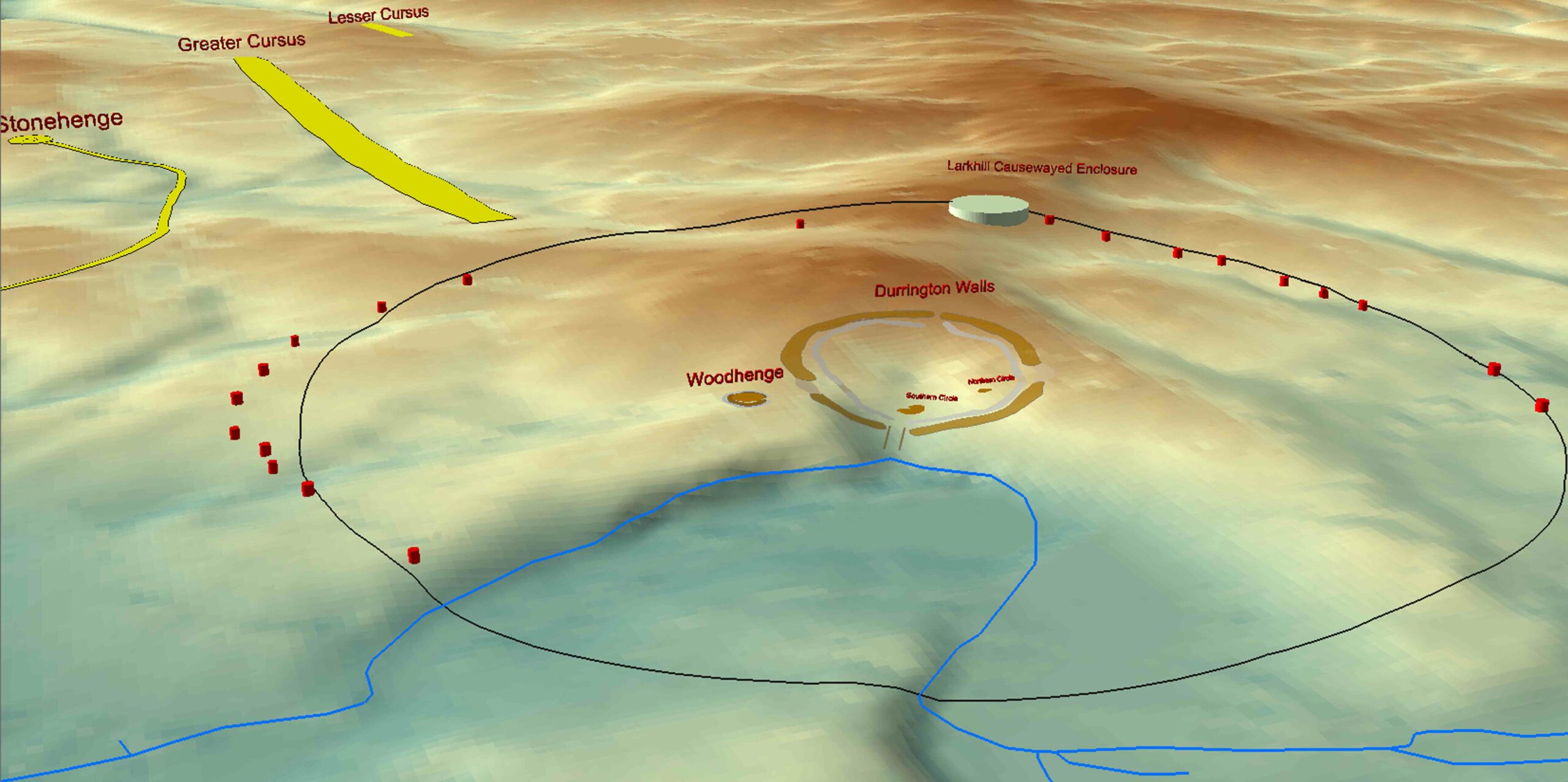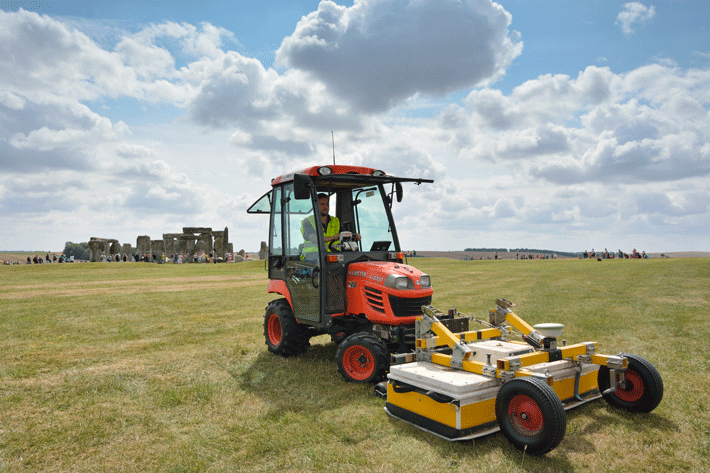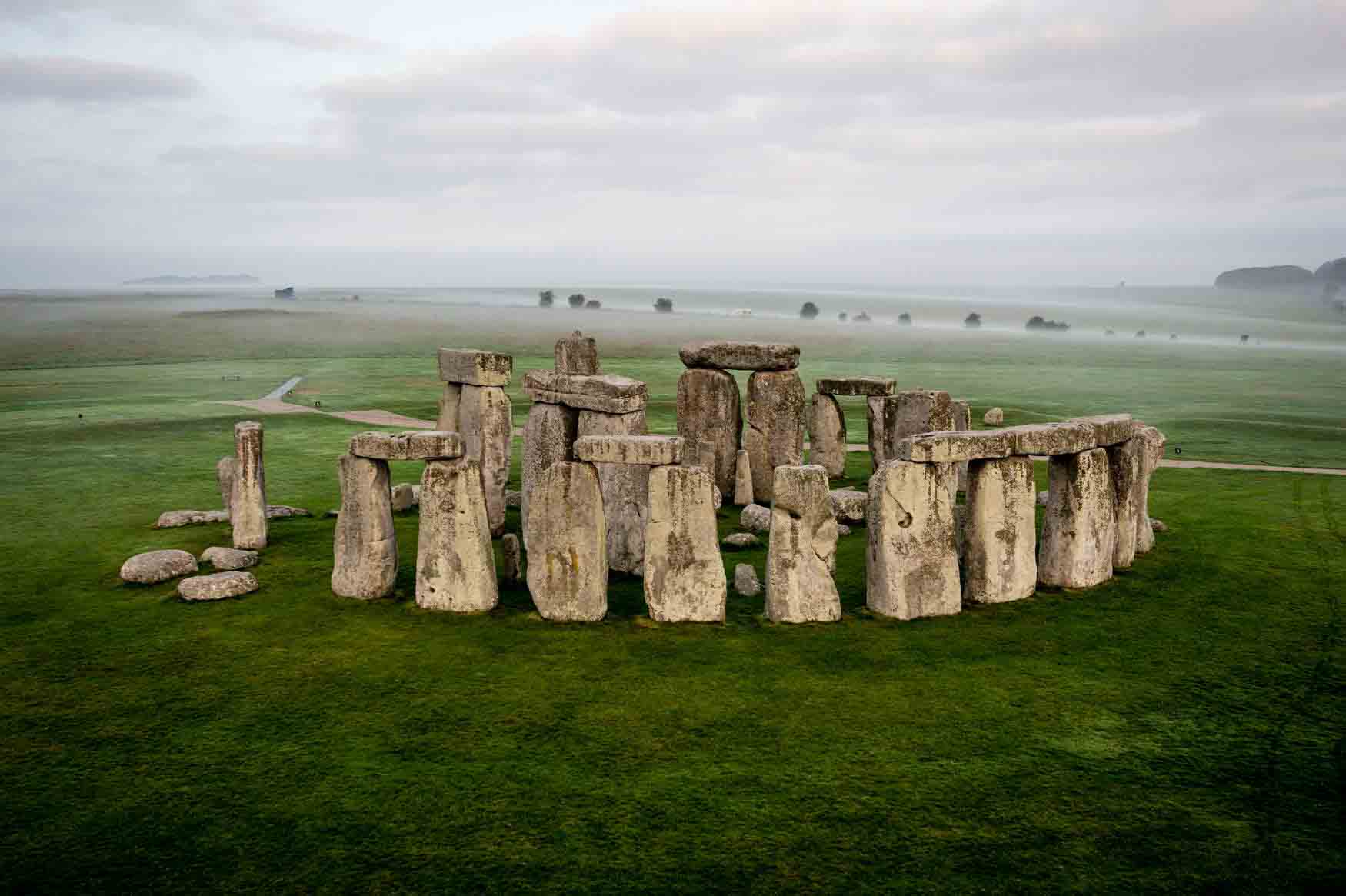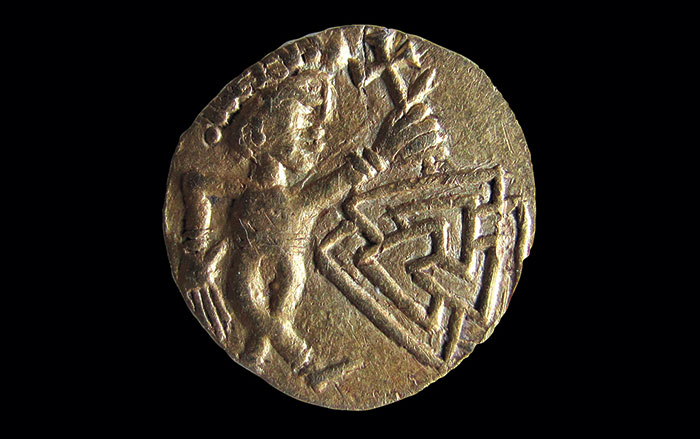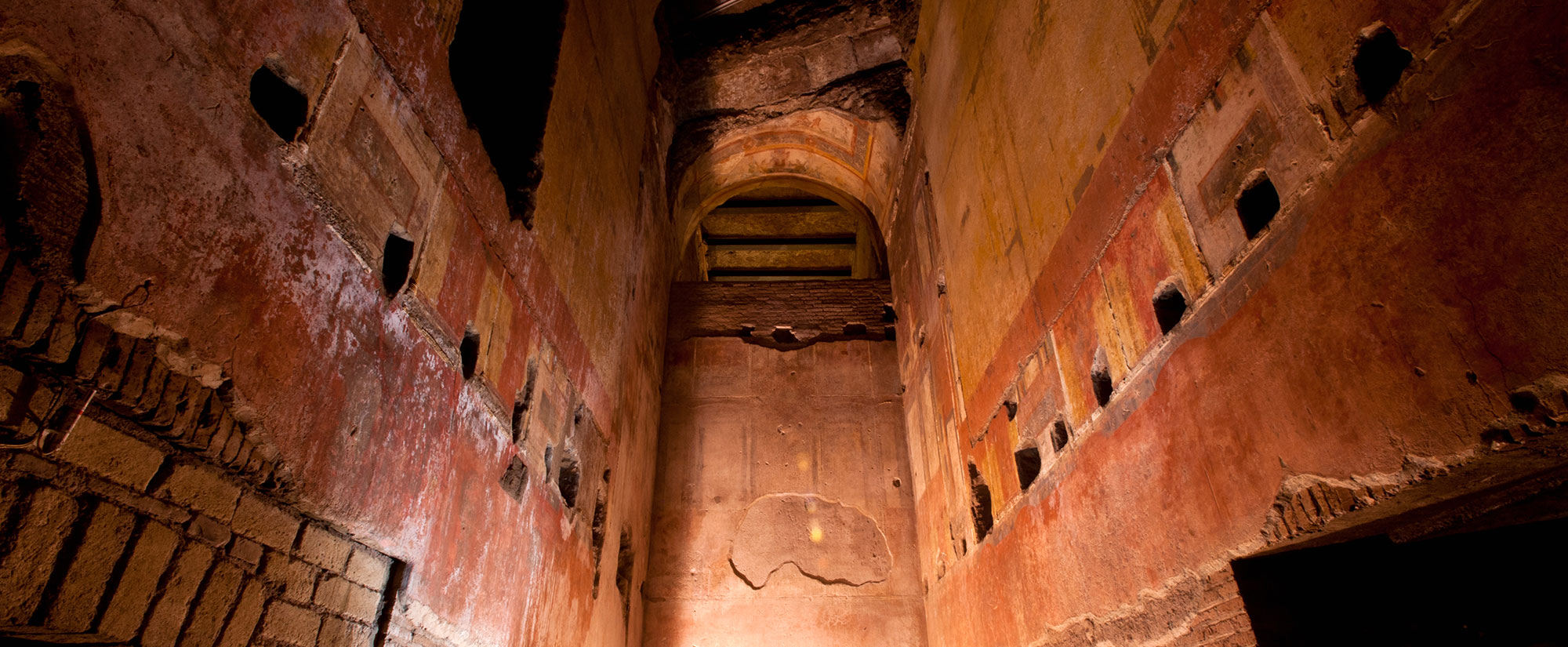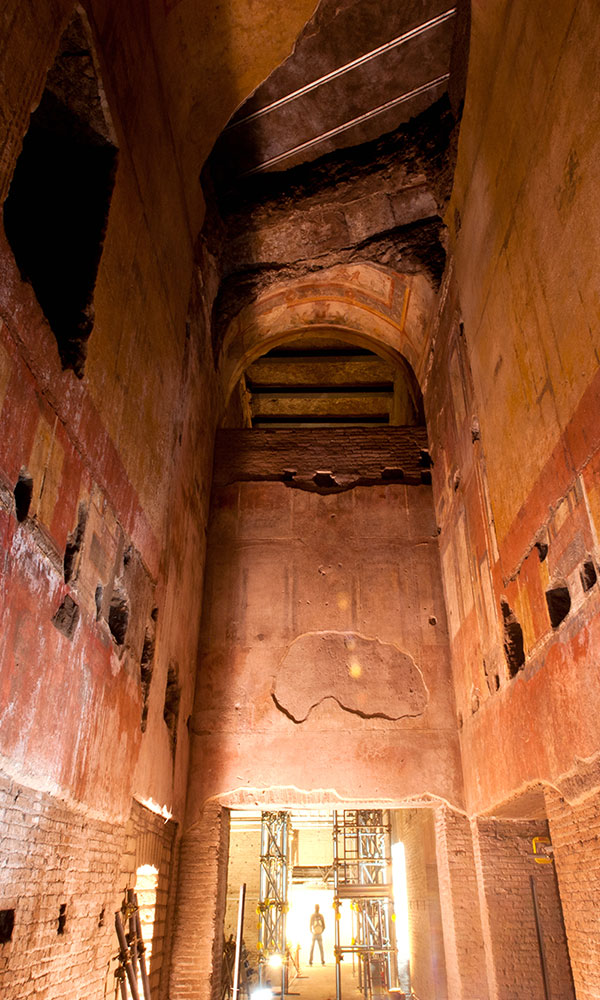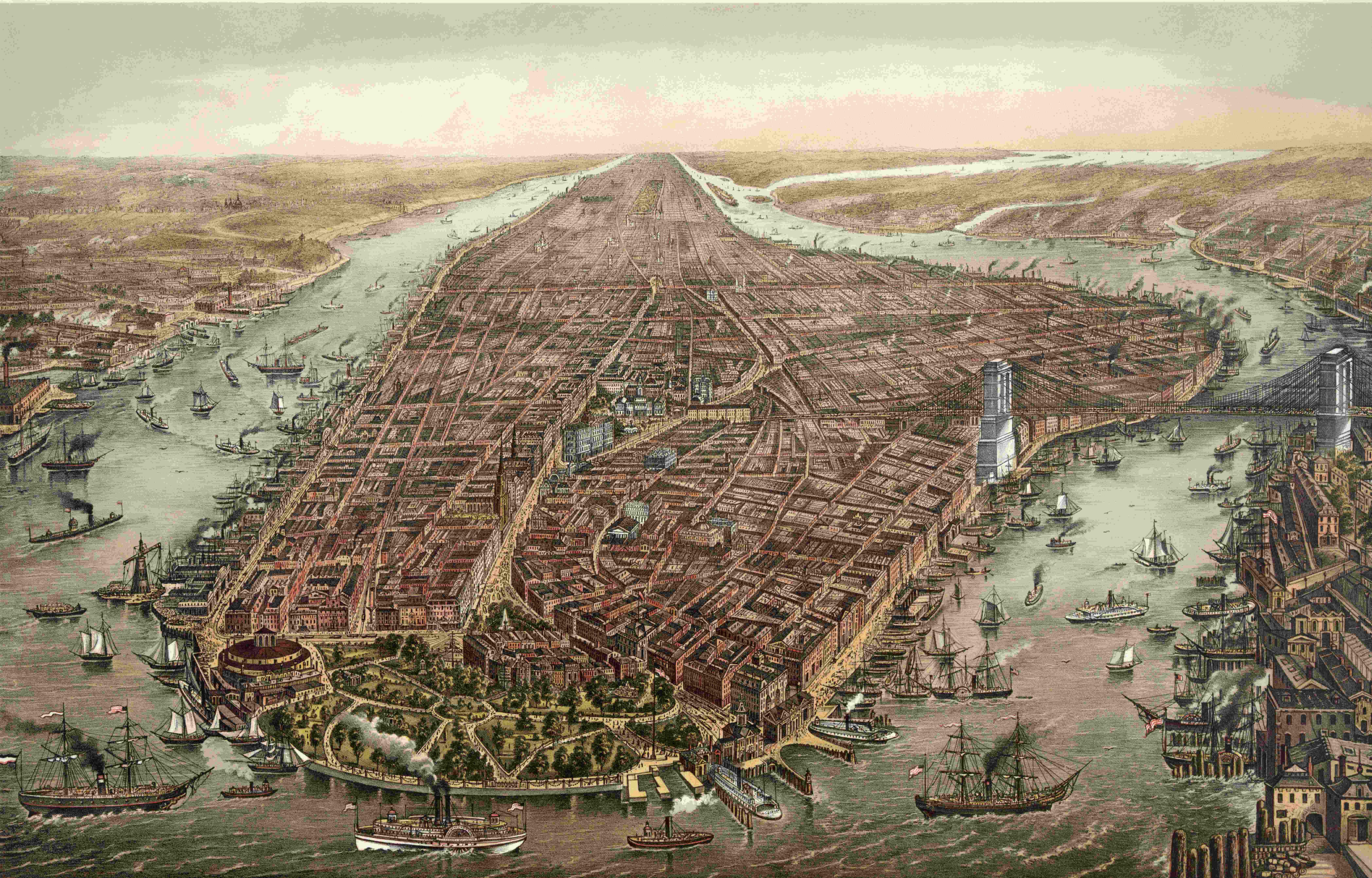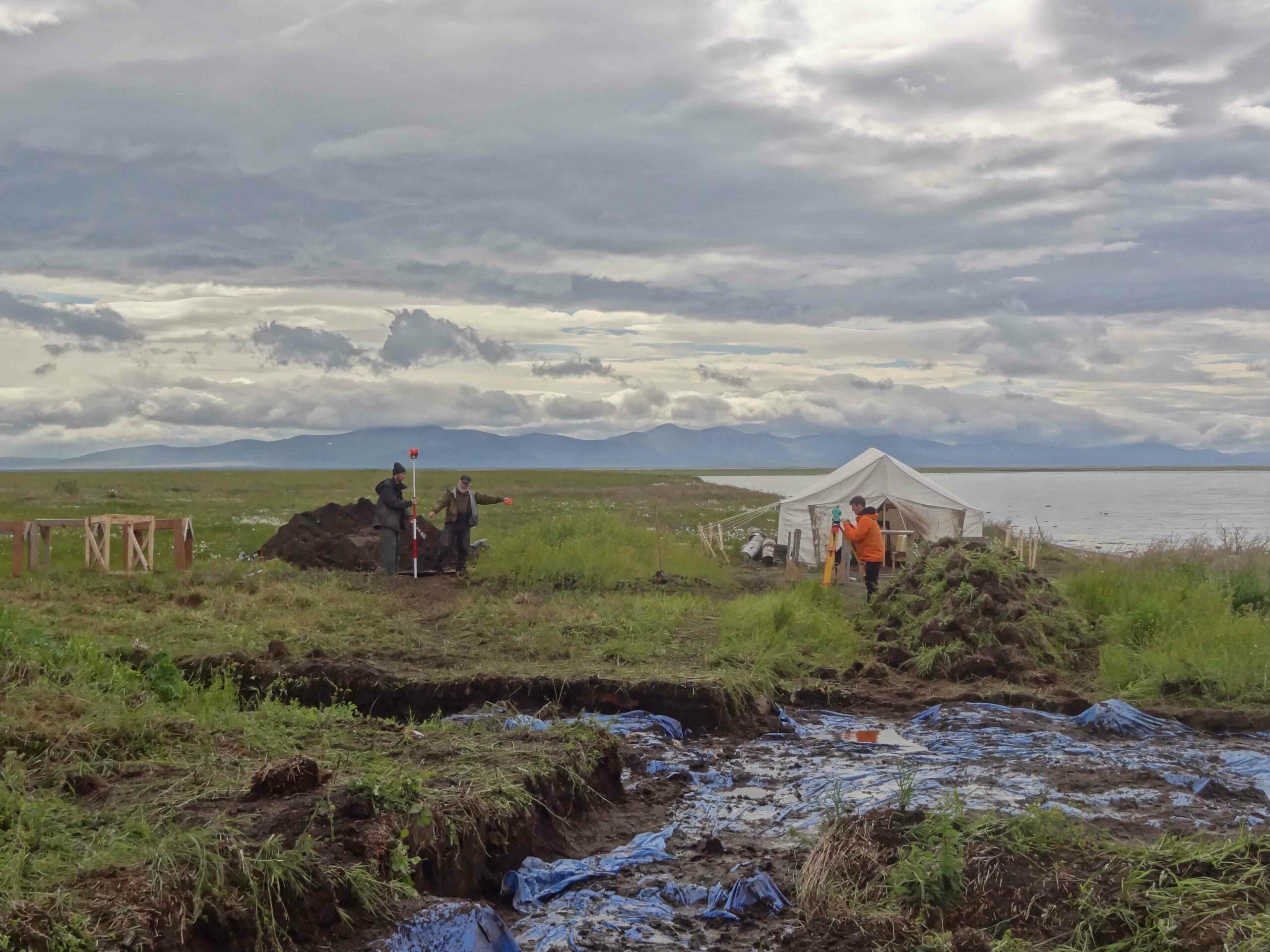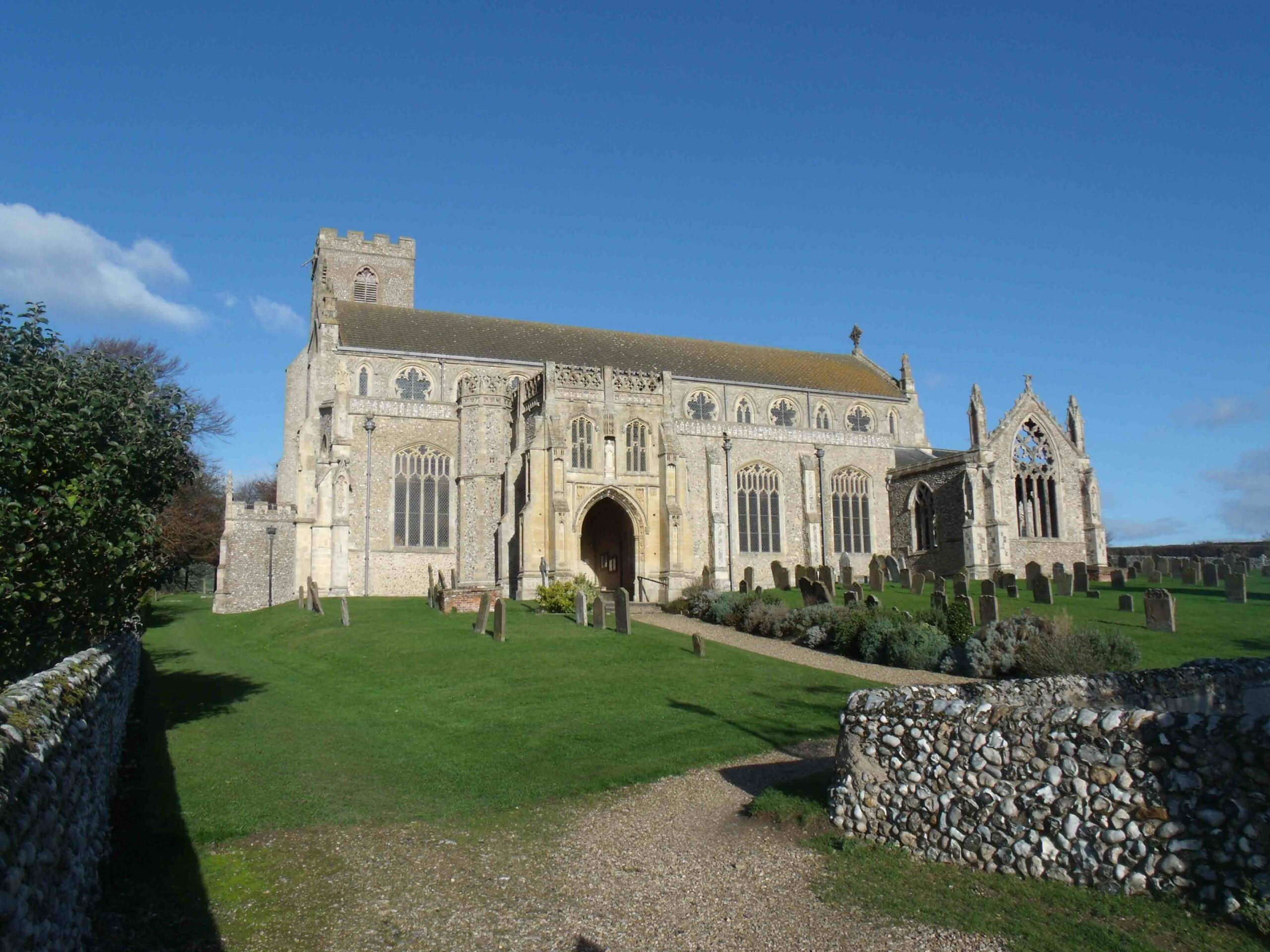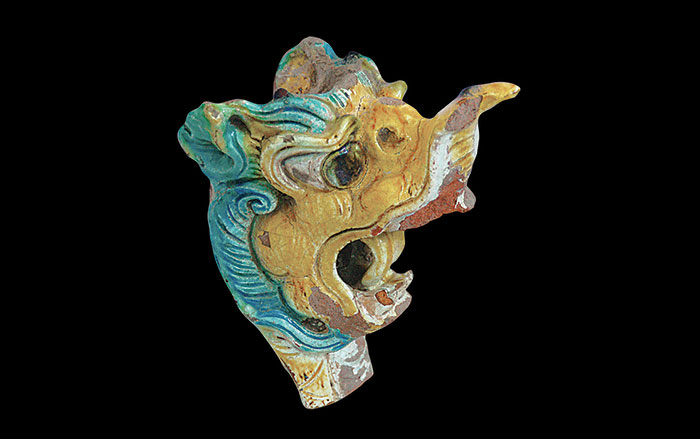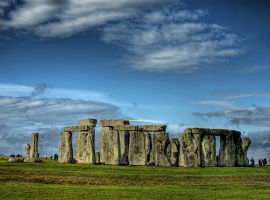
YORK, ENGLAND—A new chemical analysis of the residues found in pottery and animal bones unearthed at Durrington Walls, where the Stonehenge builders are thought to have lived, suggests that residents participated in organized feasts. Pots found in residential areas were used to cook pork, beef and dairy, while pots found in ceremonial areas were mainly used to cook dairy products. “The special placing of milk pots at the larger ceremonial buildings reveals that certain products had a ritual significance beyond that of nutrition alone,” Mike Parker Pearson of University College London said in a University of York press release. The bones show that the livestock had been walked to the site from many different locations and not brought in as butchered parts. Burn patterns indicate that some of the meat was roasted, in addition to being boiled in pots. “The inhabitants and many visitors to this site possessed a shared understanding of how foods should be prepared, consumed, and disposed. This, together with evidence of feasting, suggests Durrington Walls was a well-organized working community,” added Oliver Craig of the University of York. To read more, go to "Under Stonehenge."


